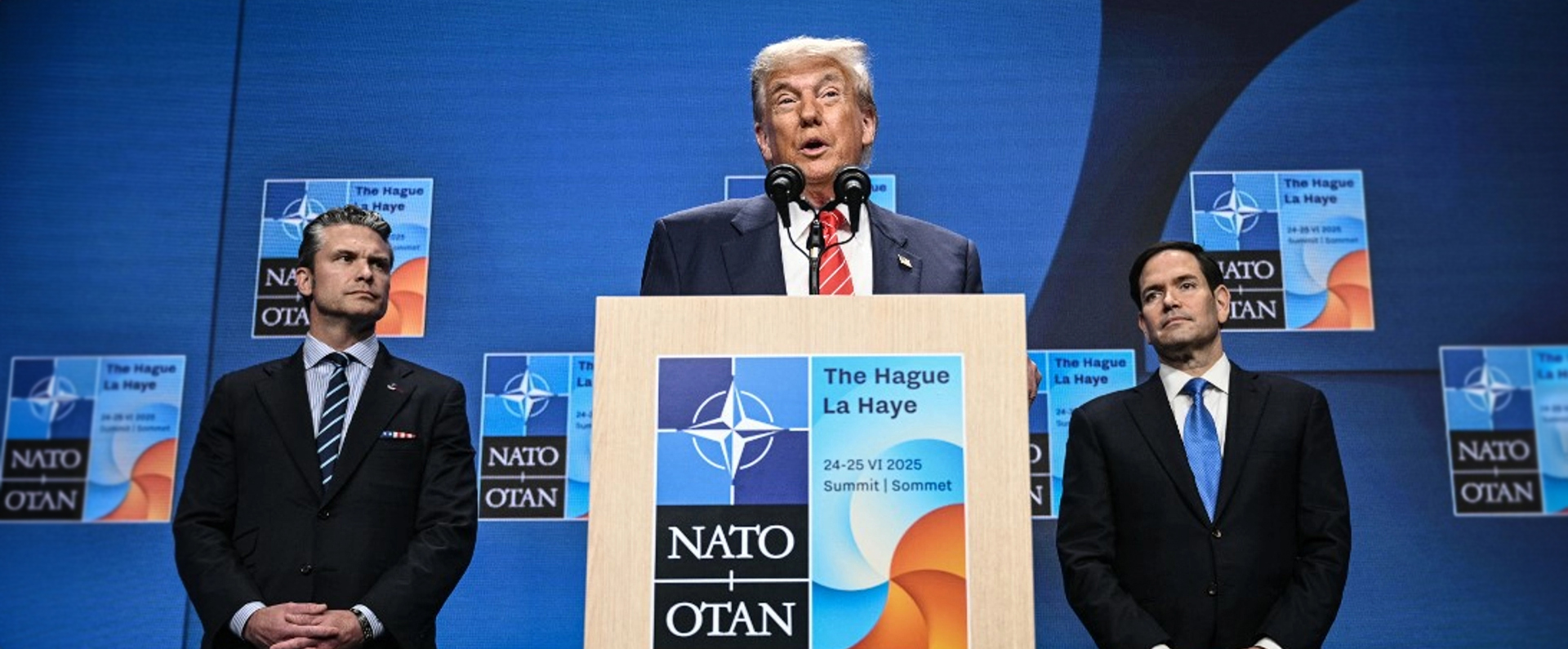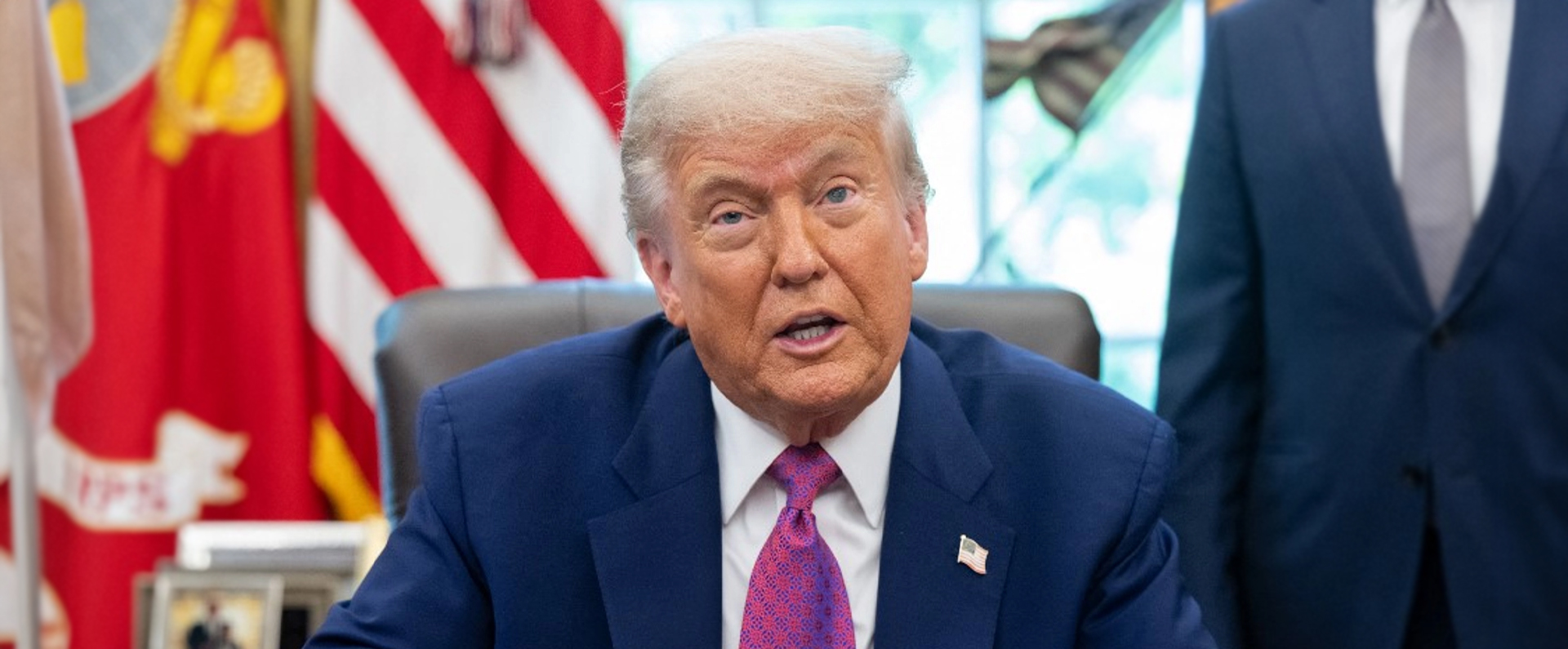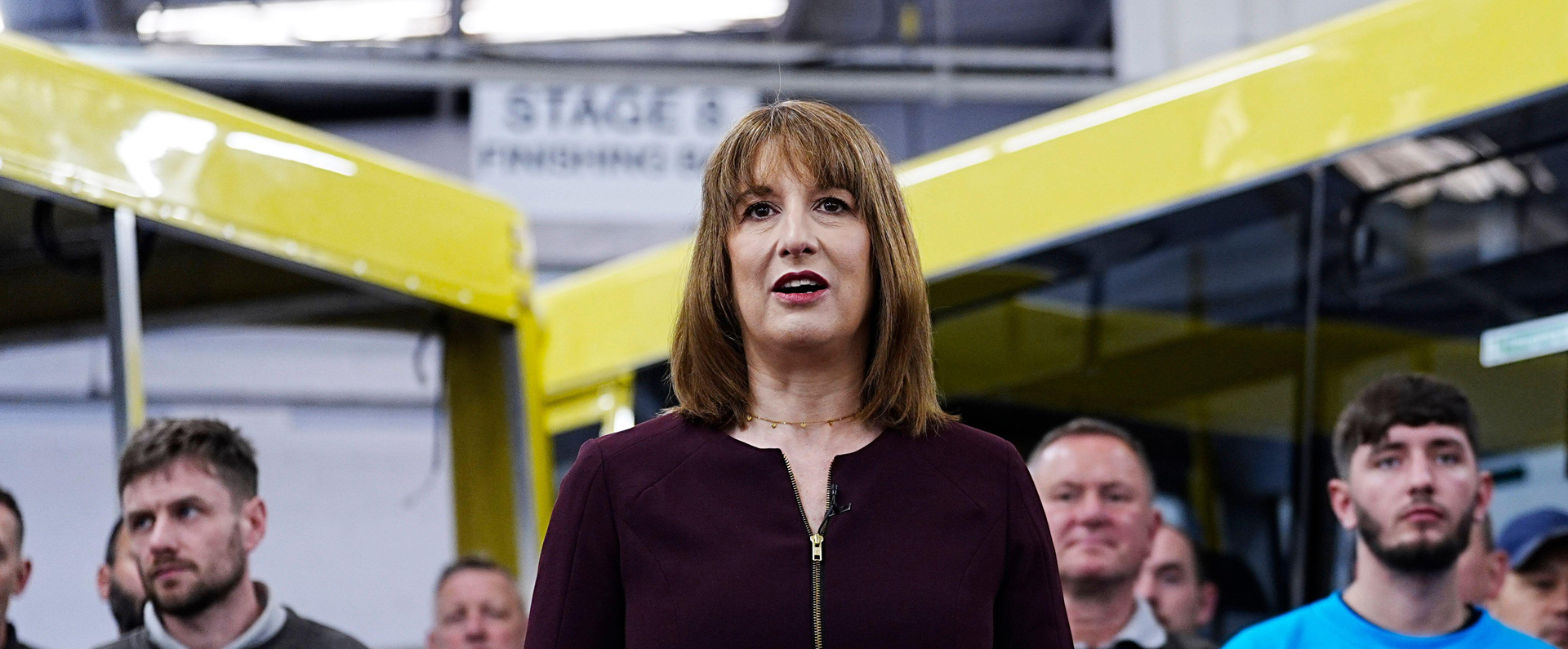
Published in the Mail on Sunday on 27 November 2022.
Ask a group of people who’ve previously voted Tory about what they felt when they heard Rishi Sunak was to become PM and the chances are someone will say “relief”.
There are plenty of doubts – about his ability to empathise with voters given his family’s wealth, his role in Boris Johnson’s downfall, and some of the Covid bailouts he unveiled as chancellor – but many welcome the return of some sanity to politics and sense to the public finances.
Yet in footballing terms, the Conservatives find themselves three goals down with the clock ticking. The scoreline is made up entirely of own goals (though Johnson, the former captain, still claims one of them never crossed the line). A late substitution seems to have put the Tories back in the game and gives a glimmer of hope for extra time. How likely is that, really?
The fact that basic competence now feels like statesmanship of the highest order is surely a bad sign. My latest research shows how voters are seeing things.
Head-to-head, Sunak and Sir Keir Starmer are closely matched. There is little to choose between them when we ask how people compare their judgment, strength as a leader or ability to get things done – though Starmer leads comfortably on honesty, integrity and caring about “people like me”.
But the Conservative brand is in as bad a state as I have seen in all my years of polling. Fewer than one in ten say the party is competent, shares their values or is on their side. Labour is more trusted on nearly all policy issues – not just the NHS and the cost of living, but on traditionally Tory territory such as immigration and crime. Voters say the Sunak government feels like a rehash of its predecessors rather than a fresh new administration.
Few are optimistic that the latest new government will succeed in any of its immediate challenges such as bringing financial stability, controlling inflation or making a success of Brexit – let alone dealing with small-boat migrant Channel crossings or cutting NHS waiting lists.
Moreover, many reject the claim that world events are responsible for Britain’s predicament: voters are more likely to blame the government than the after-effects of covid or the war in Ukraine.
No general elections are the same, but the portents from recent contests are not good for the Conservatives. First, Sunak’s Tories face Theresa May’s 2017 problem, when she struggled to unite austerity-backing Cameron voters (many of whom voted Remain in the referendum) with 2016 Brexiteers (many of whom disliked austerity).
In the absence of the twin unifiers of the last election – the drive to “get Brexit done” under Johnson and horror at the prospect of Jeremy Corbyn in No. 10 – the 2019 coalition has collapsed. Anti-austerity Leavers have deserted the party in droves, while more liberal Tory Remainers had already gone.
My research shows that views about austerity are once again the best predictor of whether someone will back Labour or the Conservatives.
Next, Sunak has Gordon Brown’s 2010 problem. Brown argued furiously that Britain’s credit crunch and subsequent recession were the result of a global financial crisis, not his own mismanagement. The voters took a different view – or in any case decided that whoever had caused the problem, they wanted someone else to get them out of it.
Worst of all, it looks increasingly like Sunak is up against John Major’s 1997 problem – a governing party that looked so exhausted, tainted and ill-disciplined that even a strongly recovering economy could not stave off defeat at the hands of a newly detoxified Labour opposition.
Indeed, the final disservice of the Truss experiment was not just to wreck what remained of the Tory reputation for financial competence but to show just how constrained any government is when it comes to economic policy, reducing the risk of putting Labour in charge.
My poll found one third of 2019 Tories saying they would probably vote for the party again next time, and a quarter saying they were wouldn’t – either for the next election or for good. Another third said they might give the party another go, but it would really have to sort itself out first. These people want to give Sunak the benefit of the doubt and see what happens.
Many grimly accept the necessity of Jeremy Hunt’s tax rises. They don’t expect every problem to be fixed, but they want things moving in the right direction. Crucially, they want an end to scandals and distractions.
And it’s possible to see how, if everything goes right, enough people might be convinced by policy successes – inflation down, borrowing under control, progress on migration and NHS waiting times – to give the Tories another chance.
But policy and competence may no longer be enough for people. To extend the World Cup analogy, they think it’s all over. Most expect Labour to win the next election, with or without an overall majority. Only one in ten former Conservatives expect an outright Tory victory.
On paper, Sunak and the party could turn things around – and maybe they will yet. But the vibe is against them. Placating the financial markets is one thing. Overcoming the mood is another.
- Download the full report: ‘They Think It’s All Over: Can the Tories turn it round?’
- Download the data tables
Read this article on the DailyMail.co.uk
Visit LordAshcroftPolls.com


